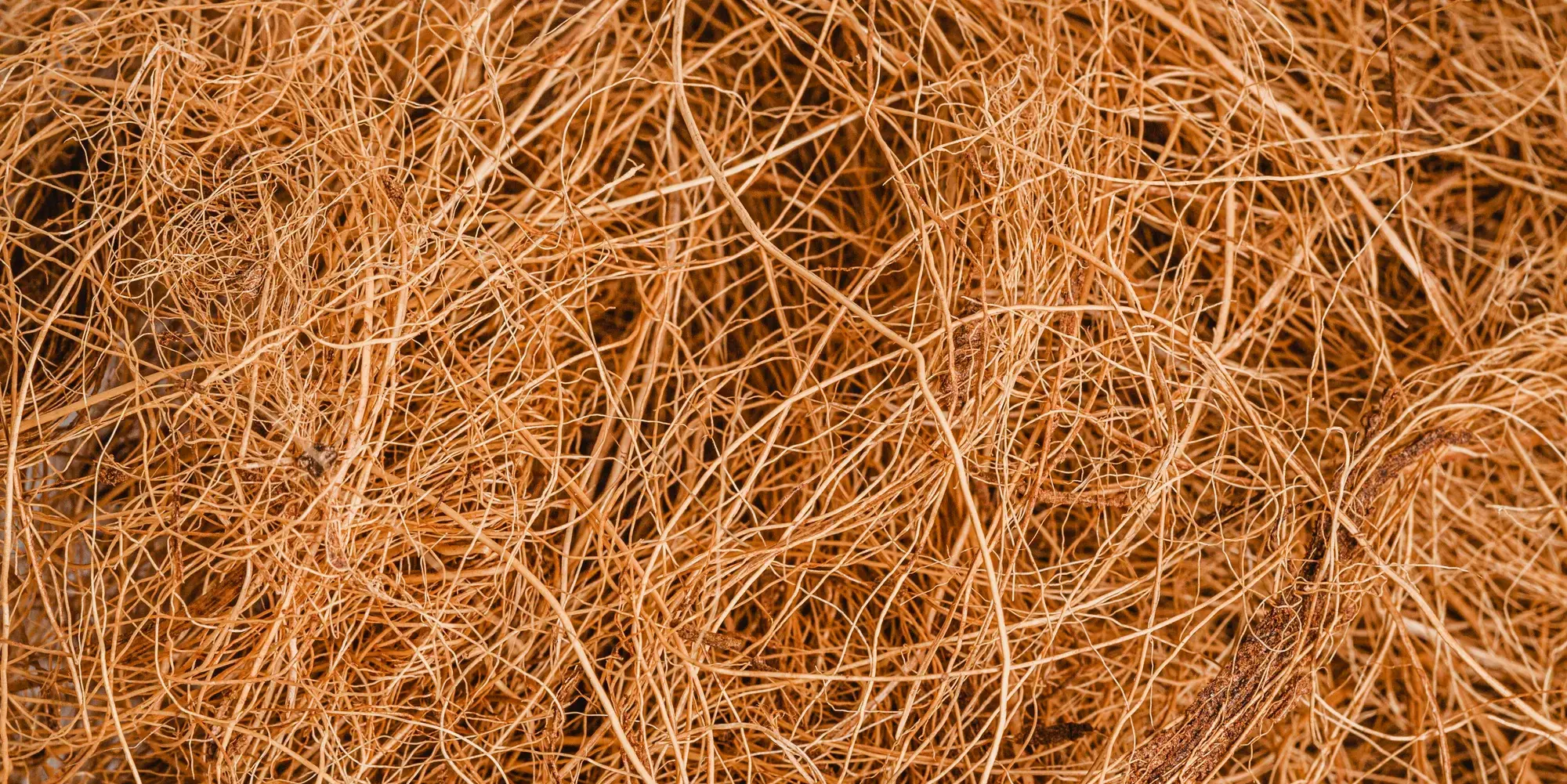In the ever-evolving landscape of sustainable practices, coco peat blocks have emerged as a game-changer in gardening and agriculture. Derived from the fibrous husk of coconuts, these blocks are gaining popularity for their eco-friendly nature, versatility, and numerous benefits. In this article, we will explore the reasons behind the widespread adoption of coco peat blocks and their significant impact on modern cultivation practices.
Environmental Sustainability
Coco peat, also known as coir pith, is a byproduct of the coconut industry that would otherwise be considered waste. Utilizing coco peat helps in recycling this abundant resource and reduces the environmental impact of coconut farming. By choosing coco peat blocks, gardeners and farmers contribute to sustainable practices, as the product is biodegradable and poses minimal harm to the ecosystem.
Excellent Water Retention and Aeration
One of the primary reasons for the popularity of coco peat blocks is their exceptional water retention capabilities. These blocks can absorb and retain water up to eight times their weight, providing plants with a consistent and steady water supply. Additionally, coco peat has excellent aeration properties, promoting healthy root development by preventing waterlogging and ensuring a well-ventilated soil environment.
pH Neutral and Nutrient-Rich
Coco peat is naturally pH neutral, making it an ideal choice for a wide range of plants. Unlike other growing mediums, coco peat blocks do not alter the pH of the soil, providing a stable environment for plants to thrive. Furthermore, coco peat is a rich source of essential nutrients like potassium, phosphorus, and magnesium, promoting robust plant growth without the need for additional fertilizers in the early stages.
Versatility in Applications
Coco peat blocks are incredibly versatile and can be used in various gardening and agricultural applications. They are commonly used as a soil amendment, seed starting mix, and as a component in potting mixes. Their versatility extends to hydroponic and container gardening, providing an alternative to traditional soil-based cultivation. The ability to tailor the application of coco peat to specific needs makes it a valuable resource for both amateur gardeners and commercial farmers.
Disease Resistance
Coco peat has natural antifungal properties that contribute to disease resistance in plants. The fibrous structure of coco peat creates an inhospitable environment for harmful pathogens, reducing the risk of soil-borne diseases. This characteristic is particularly advantageous for crops susceptible to root diseases, offering a natural and sustainable solution to pest control.

